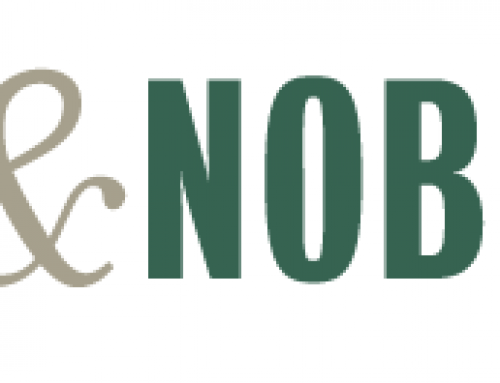 Andrew Sullivan, political blogger for The Atlantic, weighs in on print on demand. He says,
Andrew Sullivan, political blogger for The Atlantic, weighs in on print on demand. He says,
My own view is that the publishing industry deserves to die in its current state. It never made economic sense to me; there are no real editors of books any more; the distribution network is archaic; the technology of publishing pathetic; and the rewards to authors largely impenetrable. I still have no idea what my occasional royalty statements mean: they are designed to be incomprehensible, to keep the authors in the dark, to maintain an Oz-like mystery where none is required.
The future is obviously print-on-demand, and writers in the future will make their names first on the web. With e-distribution and e-books, writers will soon be able to put this incompetent and often philistine racket behind us. It couldn’t happen too soon.
Nothing much to add to that except to point out it’s interesting to see a high-profile blogger – albeit one who strays commonly from the party line – mention this with really no prompting whatsoever (maybe he read the Time article). It’s not as though he writes regularly about publishing. But it is yet another example of someone in the mainstream media seeing self-publishing for what it is: the future. When self-publishing is regarded with the same regard as blogging, self-publishing will have lost its stigma. That’s more than likely an inevitability.
Author Branding
Andrew Sullivan’s take comes in response to an article about author branding, which is an interesting read as well – if not exactly breaking new ground. Instead of asking, “Should authors risk becoming a brand?” she could have written “Should authors risk becoming wildly successful?” Dan Brown is a brand, but it’s a given that his next novel is not going to sell as well as The Da Vinci Code. Even if, for some (impossible) reason, the book was to sell 50,000 copies, that’s well above what other writers ever sell. So just because he disappoints his fan base with a book, he’s guaranteed to sell a number of books each time out.
The same goes for other more high-brow fare. Philip Roth is a brand. Normal Mailer is a brand. Brett Easton Ellis is a brand. Branding is merely a product of success and longevity.
She mentions in the article: “And yet publishers, agents, and editors all say that recognition, dependability, and longevity sell books.” Which to me seems like an argument for self-publishing. Look at it this way, a writer writes five novels, none of which are taken by publishers – for whatever reason (assuming the books aren’t unreadable). Those five books are relegated to his desk drawer. Then finally the sixth book is taken by a mainstream publisher and the writer has to start from scratch. He has no reader base whatsoever the way he could have if he put out those books himself.
She also says:
In today’s fickle marketplace, the Internet—with blogs, videos, Twitter, and other promotional tools like Amazon’s Author Stores—is the modern-day equivalent to hand-selling. Thomas Friedman even posted a chapter of Hot, Flat and Crowded on LinkedIn and asked members to weigh in. (Disclosure: I was part of Friedman’s publishing team.) In a way, authors are empowered in this new model, provided they can leverage their networks into living, breathing communities who have a stake in—and benefit from—an author’s ballooning platform.
Just another way of self-publishers have it gotten it right. In their desperation to get the word out by any means possible, they’ve been doing what all authors are going to increasingly do in the future. Again, the long-term future of self-publishing is that it will be indistinguishable from publishing on the whole.
Get an Editorial Review | Get Amazon Sales & Reviews | Get Edited | Get Beta Readers | Enter the SPR Book Awards | Other Marketing Services






















Leave A Comment